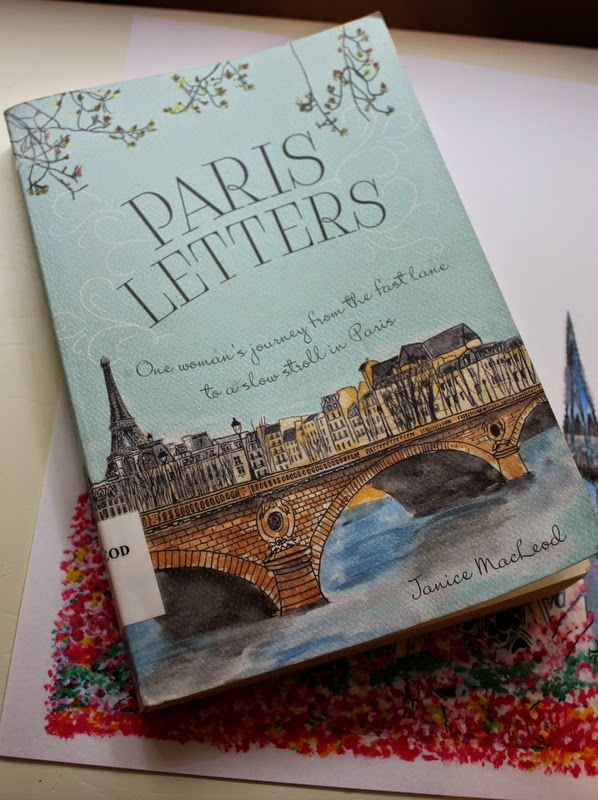“I love the book. I love the feel of a book in my hands, the compactness of it, the shape, the size. I love the feel of paper. The sound it makes when I turn a page. I love the beauty of print on paper, the patterns, the shapes, the fonts. I am astonished by the versatility and practicality of The Book. It is so simple. It is so fit for its purpose. It may give me mere content, but no e-reader will ever give me that sort of added pleasure.”—Susan Hill, Howard’s End is on the Landing.
I could have written these words. Like Hill, I am a
bibliophile—one who loves and collects books. My books are friends. To have my
friends around me is a comforting simple pleasure, a delight. I’m all for
living with less—less clutter, less activity, less stress. Except when it comes
to my books.
You’ll have to pry my books from my cold, dead hands.
In addition to my ever-growing pile of to-be-read (TBR)
books, I have many shelves of books I’ve already read. They’re not valuable
first editions, but they’re treasured and priceless to me. I cull them from
time to time, but I take so much pleasure in my personal library that it would
be painful to disperse it. (If you’d like a peek at my shelves, click here—I
was part of Danielle’s Lost in the Stacks Home Edition feature at A Work in Progress.)
I don’t keep every book I buy—only ones I think I’ll reread
at least once, books I’ll use for reference and/or inspiration, and books that
were once important to me that I can’t quite give up yet.
Some of the books I own I’ve searched for over years, or
stumbled upon serendipitously. Less than a handful are
autographed by their authors, including a copy of the children’s classic Alexander and the Terrible, Horrible, No-Good, Very Bad Day. Many years ago I heard
the author, Judith Viorst, speak at my local library, and was completely
tongue-tied when I asked her to sign my book afterwards. Just looking at that
book reminds me of the entire experience of that night.
My books don’t have to be beautiful, but as I’ve gotten
older (and my bookshelves more crowded), I’ve started being pickier about what they
look like. It pained me that my second-hand copy of All Passion Spent
had an unattractive cover illustration (but not enough for me to turn down the
copy that became available on Paperback Swap). I covet the lovely dove-gray
Persephone books, though I’ve yet to collect my first one. Perhaps looking
for books I think are attractive will slow down the entire acquisition process!
I use books to boost my mood, and it’s comforting to have my
favorites at my fingertips. There are certain books I reread frequently—not
having them on hand might constitute an emotional crisis.
As William Giraldi writes in “Why We Need Physical Books”: “Across a
collector’s bookshelves, upright and alert like uniformed sentinels, are
segments of his personal history, segments that he needs to summon in order to
ascertain himself fully, which is part of his motive for reading books in the
first place—whatever else it is, a life with books is incentive to remember,
and in remembering, understand.”
I start every day in my office, where I allow my eyes to
play over the titles on my shelves while I drink my morning coffee. So many of the books I’ve kept have left a lasting mark on
me, and sometimes I need to see them to remember. I need to pull them off the
shelf and flip through them, letting them transport and transform me for a
second time. What could be more of a simple pleasure than that?


























.jpg)


